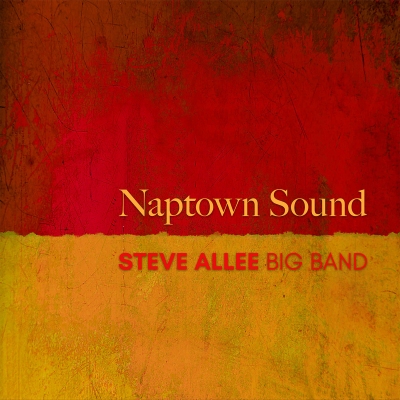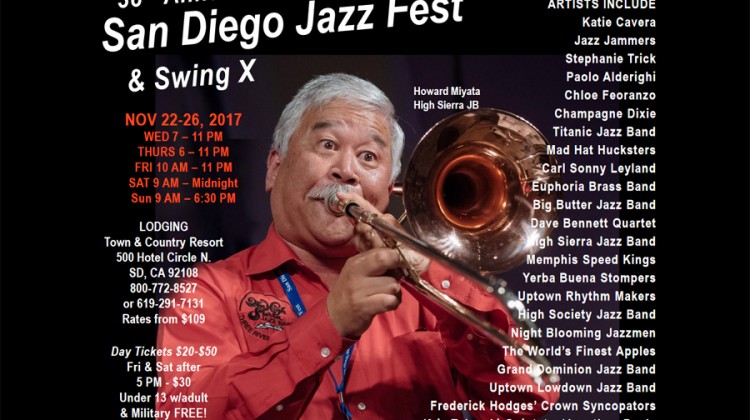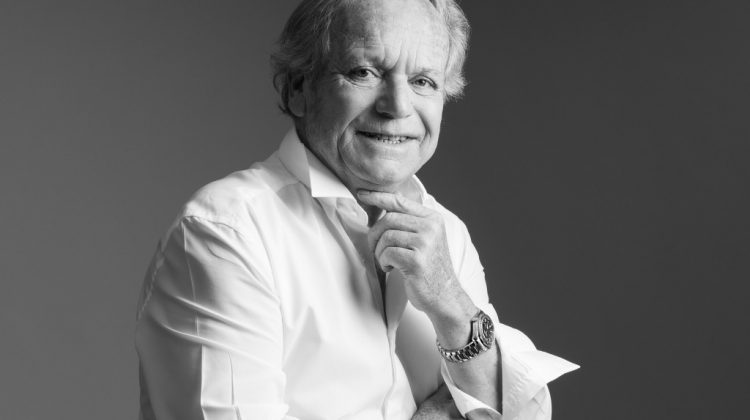Several points may be made about Kellye Gray’s album, And, They Call Us Cowboys: The Texas Music Project.
1. In short, this is a beautiful album.
I could string together lots of words. But in short, And, They Call Us Cowboys is just supremely beautiful. Just listen to Gray’s passionate version of Shake Russell’s “Deep in the West.” This is all-out singing that’s beyond category. It stands above genre in its connection to listeners from Texas or any other state.
2. That comma in the title says so much.
Its pause hints that a conversation happened before saying “they call us cowboys.” That pretty much wraps up the meaning of the conversation. What was discussed? Obviously, the lyrics of the songs were. Gray’s adaptable voice is closer to a traditional country/western style than to a jazz singer’s on Houston native Lyle Lovett’s “Night’s Lullaby.” And that’s all good. For Gray closes her album with a tender mercy, a swaying and protective and to-the-point lullaby, in a Texas state of mind, with a cowboy-like baring of soul to the wide open sky.
3. You can tell if a singer has conviction.
It can’t be faked. You can just feel it. Kellye Gray has conviction. It comes across in the let-it-all-out intensity of her singing. It comes from her heart, and listeners sense that. In another type of recording, Gray would be described as having soul. Listeners of any musical liking can hear the longing in Vernon-born Roy Orbison’s “Only the Lonely.” Gray has captured that same sense of desperation in her own delivery of the song. It doesn’t imitate The Big O’s inimitable voice. Instead, it releases Gray’s own feelings of loneliness from within, but it involves too the prairie howl characteristic of some Texas singers. Without artifice or overstatement, you can hear Gray’s “lonely heart break” as she builds the song from softness to an authentic wailing cry fashioned from the long oh’s and ee’s.
4. Kellye Gray has a remarkable voice.
I heard a Linda Ronstadt radio interview during which she discussed the various colors and shapes of notes that a singer can achieve through voice control. Notes can remain soft, or they can grow in volume like a cone, or they can assume a bell shape. Vocal colors can brighten or burnish notes so that the singing isn’t flat. Obviously, voice students know this. Technical ability separates those who seize a listener’s attention and soul from ordinary singers. Gray understands those subtleties of singing, using all of the talent and the natural ability at her command to stamp her own personality on her state’s music. That’s how she builds the tension of “Only the Lonely” into a believable increasingly anguished statement. Publicly appreciated after his death, Fort Worth native Townes Van Zandt wrote “If I Needed You,” made popular by Emmalou Harris and Don Williams. Gray infuses this heart-rending song with intermittent vibrato; conversational pauses; brief hoarseness at appropriate moments of melancholic expression; trilling embellishments; swelling volume at lyrical high points like “would you come to me?”; effective use of her wide vocal range from gravelly low notes to pleading girlish high ones; punched-out accented words like “sight”; explorations of the communicative value of consonants such as the extension of the “n” of “pain” or the “mine”; and an elongation of the final word, “find,” over nine concluding notes before a fadeout of resignation.
5. Personal loss can lead to a process of self-discovery.
Returning to Texas from San Francisco to care for ill relatives, Gray realized that she was forever a Texan and still loved such direct music of the people, despite her early concentration on a jazz career. Gray understood that the music she grew up with continued to move her and that it was instrumental in forming her musical personality. The Texas Music Project grew out of that self-realization. Loyal to local musicians, she recorded The Texas Music Project with her band in Austin. Still, with perspectives gained from years outside Texas, Gray and guitarist Jake Langley imprint their own notions on the songs, freshening them. Lubbock native Mac Davis’s “In the Ghetto” receives a medium-tempo funkiness, complete with Pamela York’s Fender Rhodes accompaniment. San Antonio native Christopher Cross’s “Sailing” develops a more pensive and slower treatment than the original recording. Langley retains the chiming vibe and chords of the original guitar accompaniment, and Gray stretches “Sailing’s” lyrics to reflect on their meaning, as she does on other tracks. “Dang Me,” written by Roger Miller from Fort Worth, undergoes a shuffle rhythm with hints of six-eight, while Red Young interjects witty responses on organ, instead of repeating the original country/western exposition of memorable lyrics. What would be the value of repetition?
“In the end, all music is folk music.”
Louis Armstrong said that.
As Kellye Gray quotes him.
Gray gravitated from Texas to immerse her heart in the music of jazz. Then she went home to realize that the emotions she found in music actually came from deep in the heart of Texas. The Texas Music Project moves listeners with the soulfulness released by both types of music.
2013
Artist’s Site: www.KellyeGray.com










